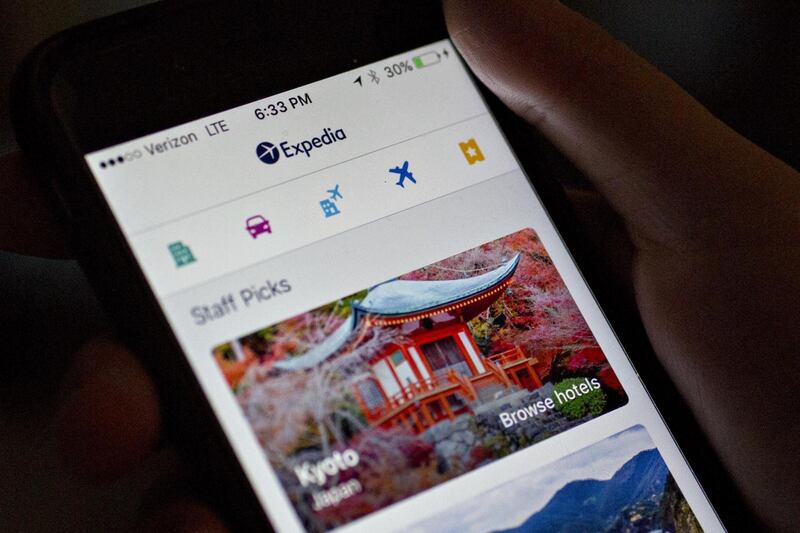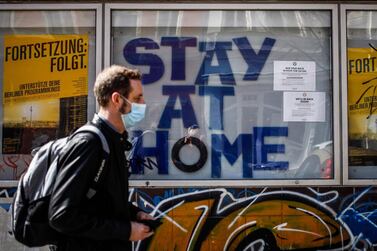Expedia Group reported another steep drop in revenue in the fourth quarter, missing analysts’ estimates amid a surge in Covid-19 cases and new pandemic-related restrictions that weighed on travel in the last few months of 2020.
Revenue fell 67 per cent to $920 million, marking the fourth consecutive yearly decline. Analysts had projected sales of $1.1 billion, according to data compiled by Bloomberg.
Gross bookings were $7.6bn, also down 67 per cent compared with a year earlier, the Seattle-based online travel giant said in a statement, barely an improvement from the previous quarter’s 68 per cent decline.
Before 2020, Expedia, which provides everything from airline tickets to hotel rooms, rental cars and cruises, had gone eight years without a revenue decline. But the travel industry was one of the worst hit as a result of the coronavirus and the global lockdowns, forcing Expedia and its peers to endure steep losses and eliminate thousands of jobs.
While the summer months seemed to offer a brief respite and saw people beginning to take tentative steps back into travel, the winter saw a resurgence of infections, prompting a new wave of lockdowns and travel restrictions.
“The fourth quarter brought signs of hope in the form of vaccine approvals, but rising cases across the globe and rolling shutdowns of various travel markets made an impact,” chief executive Peter Kern said.
Mr Kern said there are some signals of stronger demand in 2021, such as an increase in January gross bookings. He said their decline was in the high 40 per cent range, compared with the 67 per cent drop in the fourth quarter.
He was ultimately conservative in his outlook, telling investors to “expect things to be bumpy for a while.”
Analysts at Deutsche Bank wrote in a note to investors before the results were published that the first half of the year “is going to be tougher than we previously expected given the scale of rising case counts globally,” but vaccines should help with demand in the second half.
Expedia’s home-rental unit Vrbo, which competes with Airbnb, has weathered the pandemic relatively better than its parent. While flights and business travel ground to a halt and hotels shuttered, demand increased for regional vacations and work-from-home getaways.
People have been booking on Vrbo further out, reversing a pandemic trend of last minute decisions and pointing at consumer confidence, chief financial officer Eric Hart said.
“We know there’s pent-up demand, people want to travel, and I think people are confident they’re going to be able to travel, at least domestically,” Mr Hart said.







